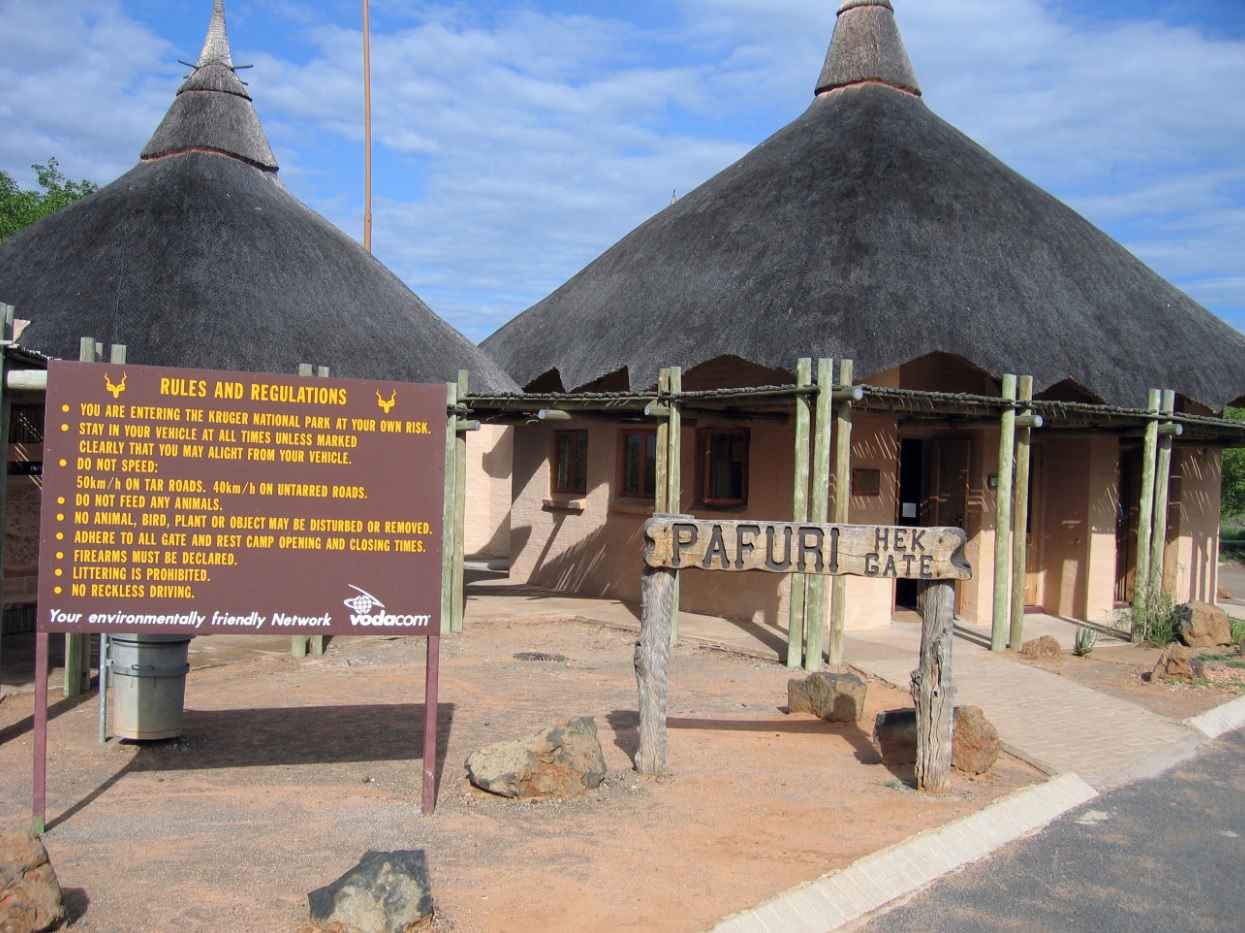Govt Confirms No Name Change to Kruger National Park Amid False Claims
The department confirmed that no such process has been initiated for the Kruger National Park.

- Country:
- South Africa
The Minister of Forestry, Fisheries and the Environment, Dr Dion George, has officially dismissed rumours suggesting that the Kruger National Park is undergoing a name change. The Minister clarified that no proposal, approval, or formal process has been initiated to alter the iconic park's name and urged the public to disregard unverified social media claims.
No Official Process Underway
In an official statement released by the Department of Forestry, Fisheries and the Environment (DFFE), Dr George confirmed that the Kruger National Park retains its official name, as recognised under Schedule 2 of the National Environmental Management: Protected Areas Act (Act No. 57 of 2003). The park, listed under Item 11 of the schedule, remains one of South Africa's most prominent and internationally recognised conservation areas.
"The Minister has not approved any changes to the name. Further, no notice has been published in the Government Gazette, and there is nothing in progress to change the name of the Kruger National Park," the department stated.
The statement follows a wave of misinformation circulating online and in certain media outlets, falsely claiming that discussions were underway to rename the park as part of a broader heritage transformation initiative.
Legal Framework Governing Name Changes
According to the DFFE, only the Minister of Forestry, Fisheries and the Environment has the legal authority to assign or amend the name of a national park under the provisions of the Protected Areas Act.
Any change to the name of a national park must undergo a formal legislative and consultative process, which includes:
-
A formal proposal submission to the Minister;
-
Public participation and consultation with affected stakeholders;
-
Publication of a notice in the Government Gazette; and
-
A ministerial decision, following due consideration of public feedback and environmental management implications.
The department confirmed that no such process has been initiated for the Kruger National Park.
Combating Misinformation and Protecting Public Trust
The Department cautioned against the spread of misinformation, highlighting that unverified claims can erode public trust, distract from conservation efforts, and mislead both domestic and international audiences about South Africa's environmental governance.
"Spreading misinformation undermines public confidence and distracts from the real work of conservation. Members of the public are encouraged to rely solely on official government communications for accurate information," the DFFE said.
Officials reiterated that all official updates on environmental policies, park management, and related matters are published through verified channels, including the Government Gazette, the department's official website, and accredited media briefings.
Kruger National Park: A Global Conservation Heritage
Established in 1926, the Kruger National Park remains one of the largest and oldest national parks in Africa, covering nearly 20,000 square kilometres across Limpopo and Mpumalanga provinces. The park is globally recognised for its vast biodiversity, world-class conservation programmes, and historical significance as the cornerstone of South Africa's protected area network.
The park attracts over one million visitors annually and supports thousands of jobs in tourism, conservation, and community development. As part of the Greater Limpopo Transfrontier Park, it also plays a critical role in cross-border wildlife protection and ecosystem preservation.
Upholding Heritage and Conservation Integrity
The department underscored that the name "Kruger National Park" carries deep historical, environmental, and cultural significance, representing more than a century of conservation excellence.
Named after Paul Kruger, the former President of the South African Republic and one of the earliest advocates for wildlife protection, the park's identity has become synonymous with South Africa's commitment to preserving natural heritage for future generations.
Dr George reaffirmed that any decision affecting the park's identity or governance would be made transparently, within the legal framework, and in consultation with the public.
"The Kruger National Park is not only a national asset but also a symbol of our collective heritage and environmental stewardship. The government remains committed to preserving its integrity and global standing," the Minister emphasized.
Public Encouraged to Verify Information
The DFFE encouraged citizens to report false or misleading claims and to engage directly with official government platforms for clarification. The department also warned social media users against spreading unverified content, which may be subject to moderation under cybersecurity and misinformation laws.
For verified information, members of the public can visit the official DFFE website at www.dffe.gov.za or follow the department's verified social media accounts.
Preserving Trust in South Africa's Protected Areas
The Kruger National Park continues to serve as a beacon of environmental protection and sustainable tourism, contributing to South Africa's reputation as a global leader in conservation. The department's swift response aims to reassure citizens, tourists, and international partners that the park's identity, legacy, and management remain intact and unaltered.
In reaffirming the park's official status, the government has sent a clear message — South Africa's protected areas are governed by law, guided by transparency, and safeguarded for future generations.









